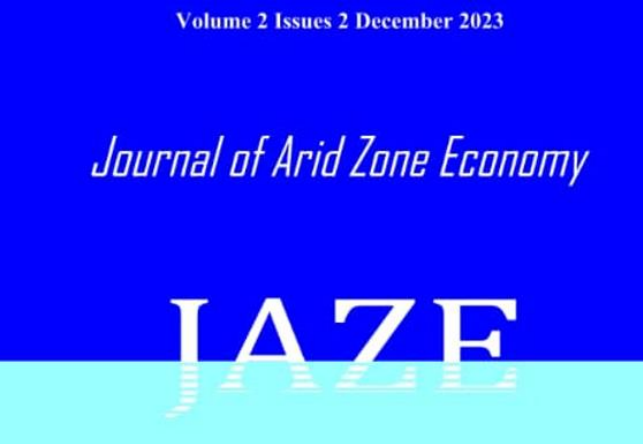Assessing the Impact of Oil Revenue and Financial Development on Economic Growth in Nigeria - Asymmetric Approach
Keywords:
Oil revenue, Financial development, Nigeria, Economic growthAbstract
This study examined the asymmetric impact of oil revenue and financial development on the Nigerian economic growth, covering the period 1980-2021. The study applied nonlinear autoregressive distributed lag (NARDL) model which allows for the incorporation of possibility of asymmetric effects of positive and negative changes in the independent variables on the dependent variable. The results revealed the presence of long run asymmetric relationship among the variables of the study. The results revealed that, oil revenue, financial development and investment contribute positively to economic growth in Nigeria both in the shortrun and longrun, except for their lag values in the shortrun, which are negative and statistically significant. From the findings, the study concludes that a sound financial and energy sectors are major drivers of economic growth in Nigeria and therefore recommend that special attention should be given to promote these sectors through formulation and implementation of supportive policies. These can be achieved by mitigating the level of corruption in the oil sector and revival of the Nigerian refineries to reduce the cost of importing refined petroleum products. In addition, there should be a robust financial sector development that will bring about adequate savings and investment in the economy.

Downloads
Published
Issue
Section
License
Copyright (c) 2023 Journal of Arid Zone Economy

This work is licensed under a Creative Commons Attribution 4.0 International License.

